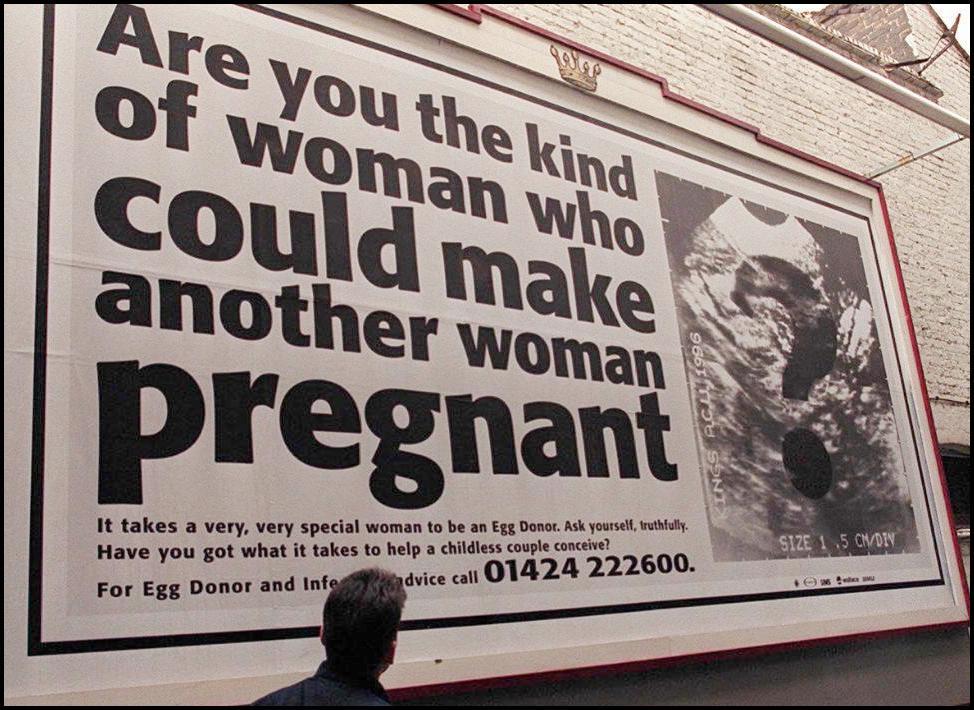Commentary
I’m prone to say because of the work I do in bioethics, that “the pill allowed us to have sex, without having babies, and now reproductive technologies allow us to have babies without having sex.” I use Elton John and his partner David Furnish as my illustration. Elton and David came to California to buy eggs from one woman and rent the womb of another to become parents—no sexual act was involved in the creation of Elton John’s two sons. Both sons were carried by the same surrogate mother.





